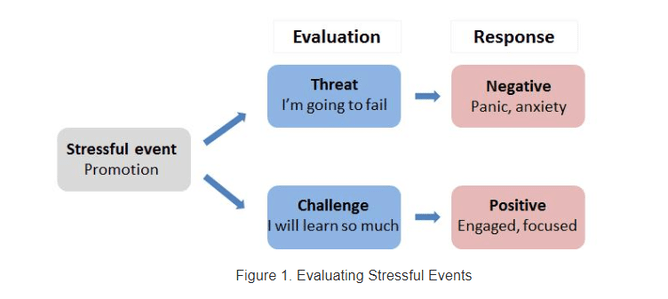Article prepared: 13 February 2013
Given that most individuals spend a significant amount of their time at work, it is important to consider the impact of work on their health and wellbeing. Individuals who experience high levels of job satisfaction typically tend to report higher perceptions of their health and wellbeing. Conversely, for those who perceive lower levels of job satisfaction; work can be considered a major source of stress.
Stress associated with work typically arises from misalignment between an individual’s skill-set or knowledge with their work tasks and demands. Other contributing factors are generally a result of the interaction between people and/or systems in the work environment. Indeed, a recent survey found that 30 per cent of the Australian population are stressed due to work(1). Besides the effect on our physical and mental health, stress also has a detrimental financial impact on organisations. Estimates suggest that workplace stress costs Australian employers $10.1 billion a year due to lost productivity and absenteeism(2). It is important to consider how the impact of stress to both individual wellbeing and organisational productivity can be minimised.
What is Stress?
Stress refers to the way we evaluate and cope with threats and challenges in our environment. Interestingly, stress is caused more by the way we evaluate or perceive threats than the threats themselves. For example, a promotion at work may be seen by some individuals as an exciting opportunity; whilst others may be overwhelmed by a fear of failure in their new role (see Figure 1 below). When we perceive stressful events as a challenge, these stressors can motivate us to work a little harder and are largely positive. However, when we see threat as a negative, a variety of adverse consequences can occur (e.g. panic, anxiety etc.).
What is the Impact of Stress on our Health?
When experiencing stress, the human body goes into overdrive. A flood of chemicals and hormones are released that boost energy, tense our muscles and dull our sensitivity to pain to help us cope with the perceived challenge at hand. In the short term, these reactions can be beneficial because they help us to cope with challenges in our environment. Extended periods of stress, however, can lead to a host of adverse health outcomes such as anxiety, heart disease, hypertension, migraines, peptic ulcers and broader mental health concerns(3). Thus, the impact of stress, from a minor headache or illness to more long term health problems, can significantly impact our quality of life, including our work performance.
Managing Stress
Given that stress can have a significant impact on our performance, satisfaction and productivity in the workplace, it is important to ensure that it is appropriately managed. Fortunately, stress can be controlled and reduced. Typically, stress management involves consideration of individual’s personal attributes and natural capacity to handle pressure and stress as well as consideration of the work conditions and factors contributing towards stress.
At PSB Solutions we offer stress management strategies, based on best practice psychological research, which can help your employees understand, manage and work with stress. Our strategies can be provided as a tailor-made or packaged course, covering a variety of topics such as:
- causes of stress at work
- psychological and physiological reactions to stress
- practical tools to reduce stress
- how communication styles influences stress
- assertive communication training
- managing systems to minimise stress
- dealing with rapid change
If you would like to know more about how your employees’ stress can be better managed, or about PSB Solutions’ Psychology of Stress Workshop, please contact us at +61 8 9489 3900 or email us.
References and Further Reading
(1) The Australian Psychological Society (APS; 2011). Stress and wellbeing in Australia in 2011: A state of the nation survey. APS: Melbourne.
(2) Medibank Private (2008). The cost of workplace stress in Australia. Medibank Private: Melbourne.
(3) Seaward, B. L. (2005). Managing stress: Principles and strategies for health and well-being. Jones and Bartlett: Boston.


